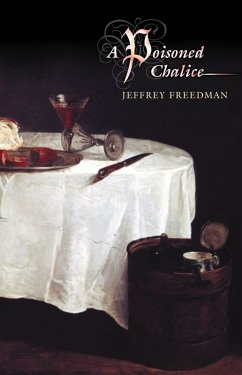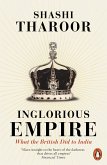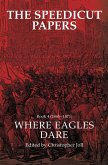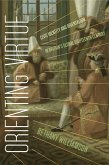A Poisoned Chalice tells the story of a long-forgotten criminal case: the poisoning of the communion wine in Zurich's main cathedral in 1776. The story is riveting and mysterious, full of bizarre twists and colorful characters--an anti-clerical gravedigger, a hard-drinking drifter, a defrocked minister--who come to life in a series of dramatic criminal trials. But it is also far more than just a good story. In the wider world of German-speaking Europe, writes Jeffrey Freedman, the affair became a cause célèbre, the object of a lively public debate that focused on an issue much on the minds of intellectuals in the age of Enlightenment: the problem of evil.
Contemporaries were unable to ascribe any rational motive to an attempt to poison hundreds of worshippers. Such a crime pointed beyond reason to moral depravity so radical it seemed diabolic. By following contemporaries as they struggled to comprehend an act of inscrutable evil, this book brings to life a key episode in the history of the German Enlightenment--an episode in which the Enlightenment was forced to interrogate the very limits of reason itself.
Twentieth-century horrors have familiarized us with the type of evil that so shocked the men and women of the eighteenth century. Does this familiarity give us any special insight into the affair of the poisoned chalice? In its final chapter, the book takes up this question, reflecting on the nature of historical knowledge through an imaginary dialogue with Enlightenment-era interlocutors. But it does not reach any definitive conclusion about what happened in the Zurich cathedral in 1776. To search for the truth about such a mystery is merely to extend a dialogue begun in the eighteenth century, and that dialogue is as open-ended as the process of Enlightenment itself.
Contemporaries were unable to ascribe any rational motive to an attempt to poison hundreds of worshippers. Such a crime pointed beyond reason to moral depravity so radical it seemed diabolic. By following contemporaries as they struggled to comprehend an act of inscrutable evil, this book brings to life a key episode in the history of the German Enlightenment--an episode in which the Enlightenment was forced to interrogate the very limits of reason itself.
Twentieth-century horrors have familiarized us with the type of evil that so shocked the men and women of the eighteenth century. Does this familiarity give us any special insight into the affair of the poisoned chalice? In its final chapter, the book takes up this question, reflecting on the nature of historical knowledge through an imaginary dialogue with Enlightenment-era interlocutors. But it does not reach any definitive conclusion about what happened in the Zurich cathedral in 1776. To search for the truth about such a mystery is merely to extend a dialogue begun in the eighteenth century, and that dialogue is as open-ended as the process of Enlightenment itself.
Dieser Download kann aus rechtlichen Gründen nur mit Rechnungsadresse in A, D ausgeliefert werden.









